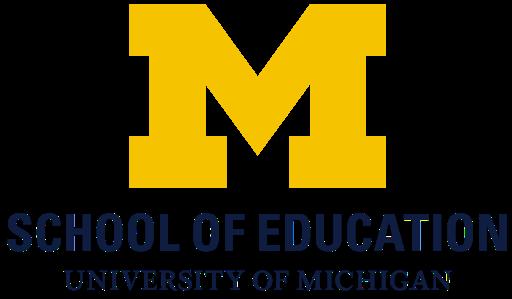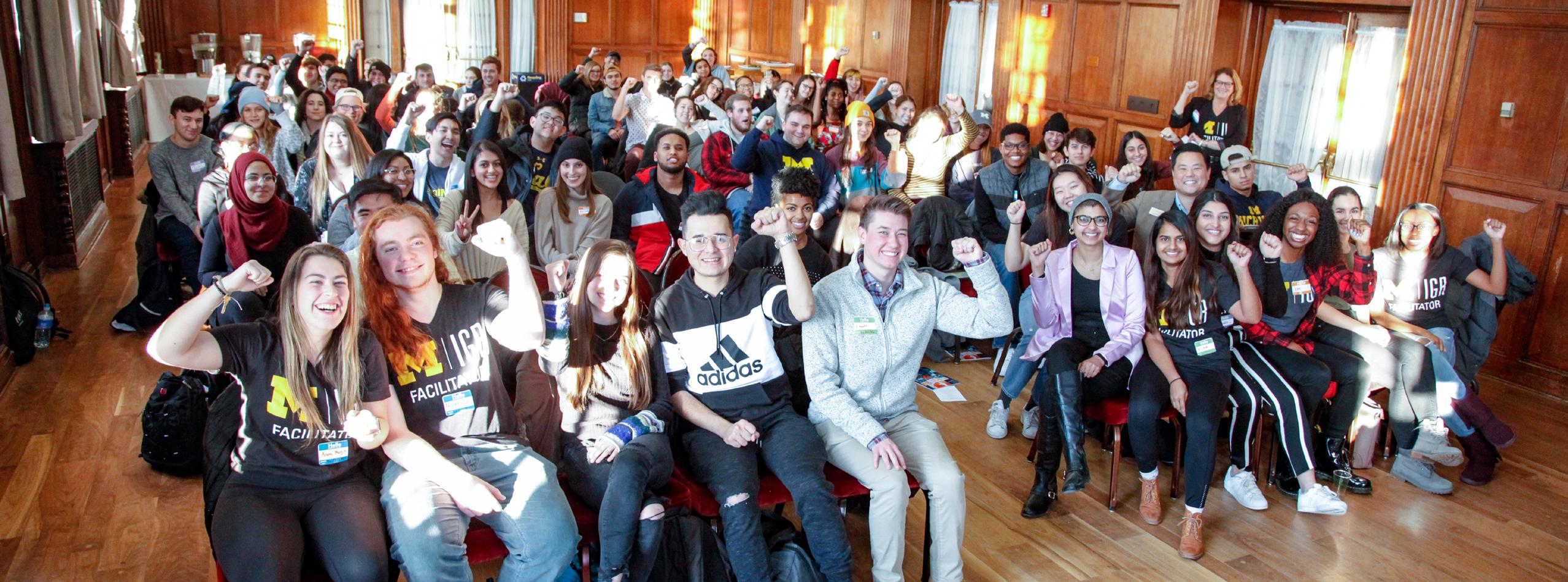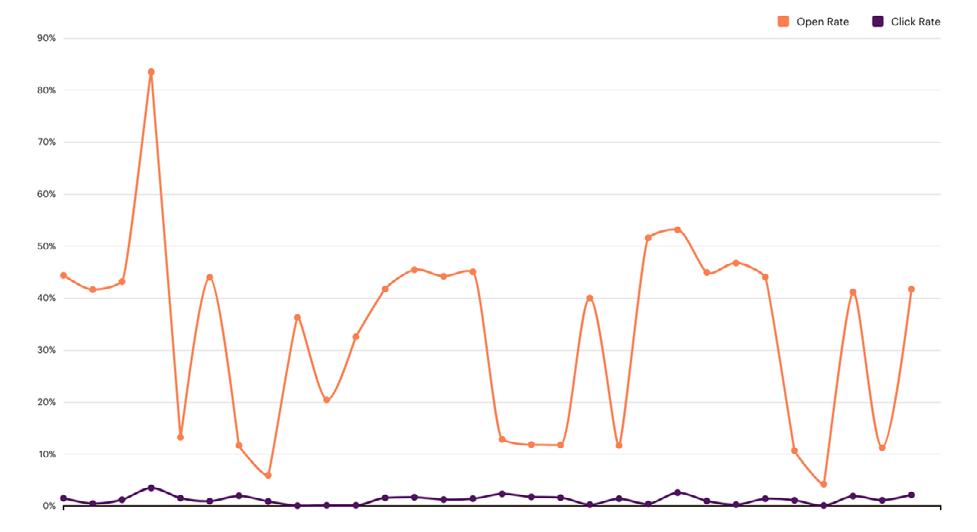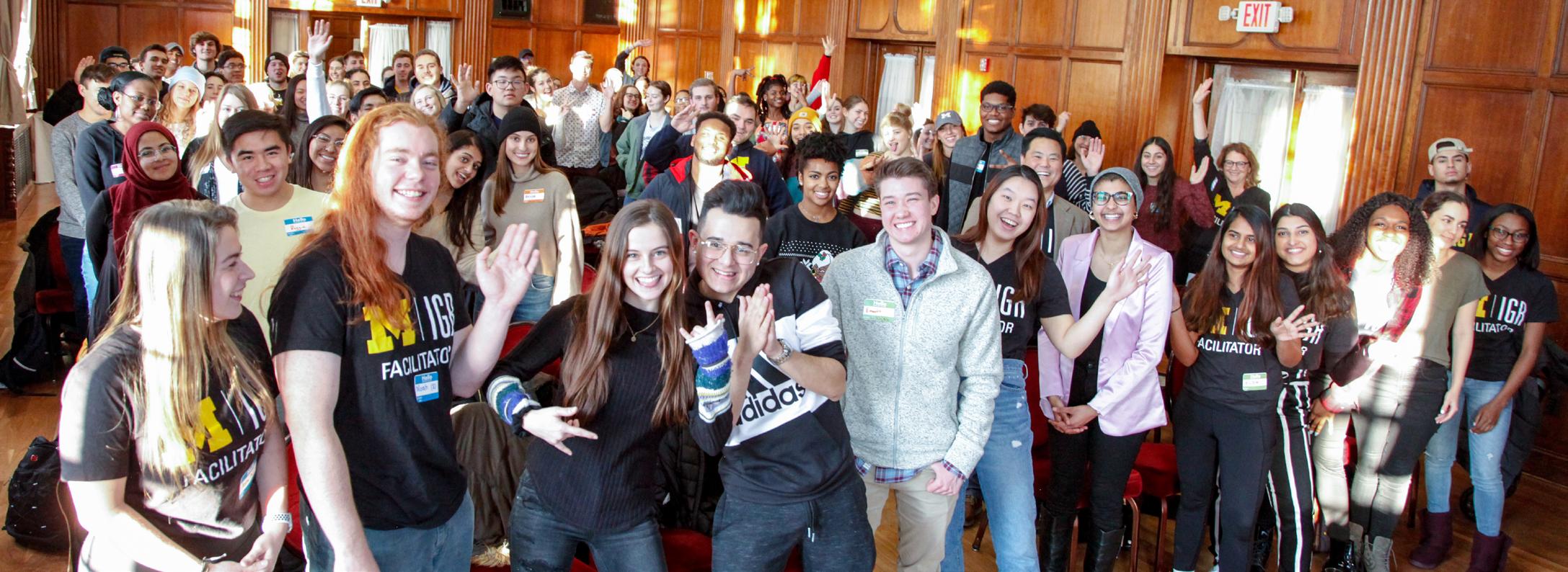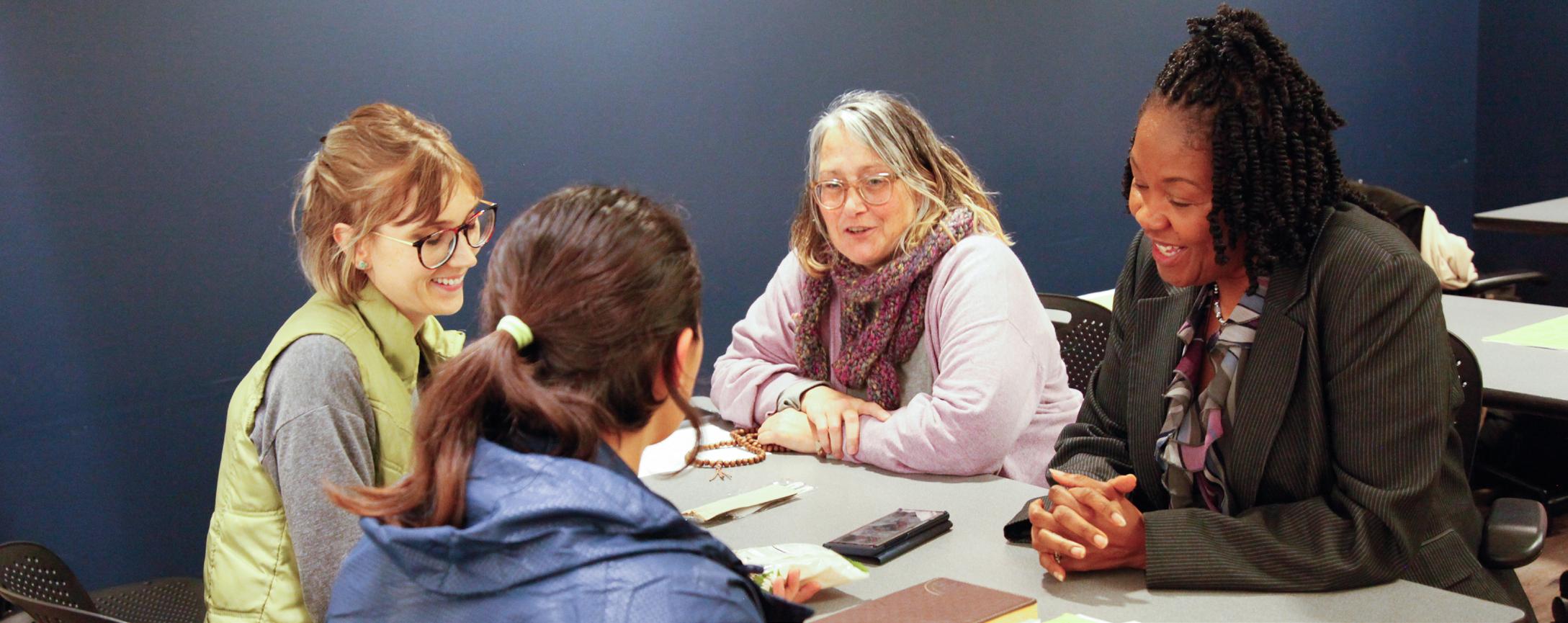
3 minute read
Co-Directors’ Message
We are excited to share our second joint Annual Report for The Program on Intergroup Relations (IGR) at the University of Michigan (U-M). IGR at U-M is a partnership between Student Life and the College of Literature, Science and the Arts (LSA), and it is the oldest program of its kind in higher education in the country.
IGR was conceived and developed in 1988 by a group of U-M faculty and staff dedicated to the notion that intergroup relations education is a foundational principle of undergraduate education at the university. Since its founding, our program has continuously evolved, always striving to provide students and people who work with students a robust opportunity to explore social diversity and social relations in an intentional and reflective way.
Advertisement
We believe that understanding the differences between us is crucial to the development of thoughtful global citizens. We teach and learn about social group identity, social relations, intercultural communication, and social justice. Monita C. Thompson and Donna Rich Kaplowitz We encourage students, staff, and faculty to learn about differences and similarities, to embrace them and to find commonality in the human experience. To this end, we focus on gender, ethnicity, race, sexual orientation, religion, ability status, socioeconomic class, nationality, and other topics.
One of the joys we have doing this work is that we are continually pushing our own growth and learning from our students and colleagues. Social justice education is an ever-evolving process and we bring both humility and bravery to our work.
This annual report includes information about all facets of the program. Our program was undergoing exciting new changes prior to COVID-19. With the pandemic, we have pushed our program in unplanned but also stimulating new directions. This year IGR developed, proposed and is launching in Fall 2020 a new course sequence that includes changes to our minor requirements. Students will now have more flexibility in terms of credit allotments for our facilitation sequence courses, and they will also receive financial compensation in addition to course credit during the semester that they are peer facilitators. We are really pleased that our changes yielded significantly increased enrollment in our training course which will allow us to increase the future number of dialogue courses we offer. Demand for IGR resources and pedagogy has ballooned on campus and across the country.
The pandemic ushered in an entirely new way for us to think about and carry out our dialogic work. In the span of 48 hours, we moved all our classes and co-curricular programming on-line and in a short, intense two-month period we entirely re-designed our 14th annual National Intergroup Dialogue Institute as a remote learning experience. The steadfast commitment shared by the entire IGR staff yielded an incredibly positive experience for the 60 participants. We now know that we can create valuable learning experiences in an online format – and do it well!
Our student led CommonGround program thrives as campus workshops continue to be in high demand. These workshops provide students with experiential opportunities to learn about multiple issues, as is our R&E work with LSA faculty. We are excited about the launch of our new “IGR Insights” – information about IGR pedagogical approaches in infographic format available on our website for anyone to access and use in their work.
This year, we said farewell to staff member Anti’Shay Thurman. We welcomed several new staff members, Elizabeth Beckett as Student Experience Team Coordinator, Deborah Slosberg as Assistant Director for co-curricular programs, Susmetha Baidya as the Student Administrative Assistant; and Shana Schoem in a new position of Associate Director for Strategic Partnerships and Initiatives.
We hope you find the following pages informational and inspiring. Please feel free to contact us directly. We are committed to developing strong relationships rooted in authentic and open communication.
Sincerely,




